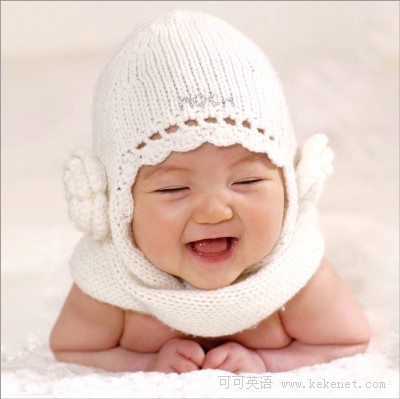
This trend continues until kids are about 15. By that age, nearly everyone who cheated in the experiment will lie about it. The good news: The number of liars begins to decline beyond this age. By 17, the percentage that lies drops to about 70%.
這個趨勢在孩子們大約15歲前都成立。而到了15歲,幾乎所有在實驗中偷看過玩具的人都會說謊。好消息是:在15歲以上的孩子里說謊者的數量開始出現下降。而到了17歲,說謊的比例減少到了大約70%。
Researchers have also examined why some kids lie more than others, and have found that it isn't related to better moral values or religious upbringing. Rather, it's kids with better cognitive abilities who lie more. That's because to lie you also have to keep the truth in mind, which involves multiple brain processes, such as integrating several sources of information and manipulating that information, according to Shawn Christ, a neuropsychologist at the University of Missouri-Columbia.
研究人員還調查了為什么某些孩子比其他孩子更愛說謊。他們發現,這和更為高尚的道德觀或者和宗教成長環境無關。相反,那些擁有更優秀的認知能力的孩子們更愛撒謊。密蘇里大學哥倫比亞分校(University of Missouri-Columbia)神經心理學家肖恩•克賴斯特(Shawn Christ)說,這是因為要想撒謊,你必須在頭腦里保留真相,而這包含了幾個步驟的大腦思維過程,比如整合幾方面的信息以及操控這些信息。


















